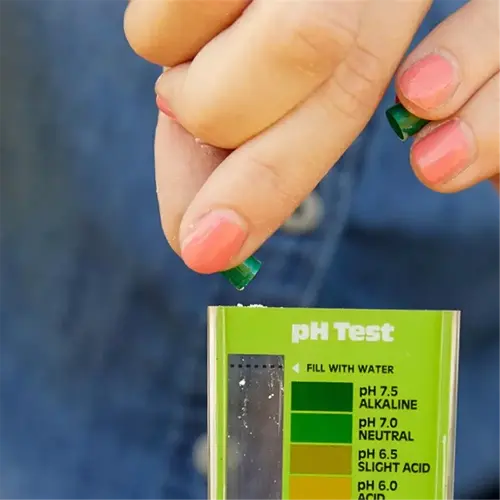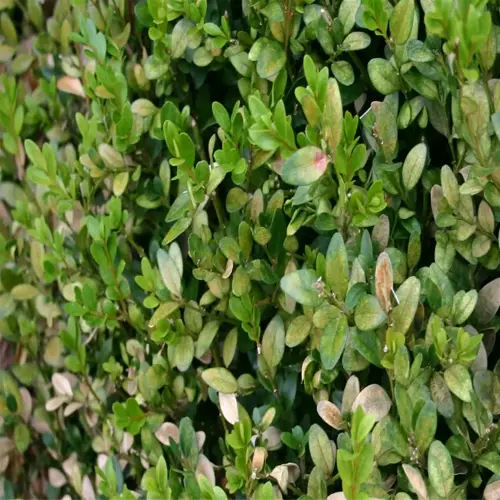Should garden soil be amended annually?

Written by
Paul Reynolds
Reviewed by
Prof. Samuel Fitzgerald, Ph.D.Adding soil amendments every year replenishes the nutrients lost from previous growing seasons. I have noticed tomato yields drop significantly, by thirty percent, due to this practice not occurring. Each spring, I recommend adding 2-3 inches of compost in their beds to support the soil food web and microbes. When compost wasn't added, the soil became essentially dead, like a client's lettuce bed that simply produced bitter leaves after two years of no amendments.
Compost Application
- Spread 2-3 inches per square yard
- Mix into top 6 inches of soil
- Avoid fresh manure (use aged 6+ months)
pH Adjustment
- Test soil annually with a kit
- Add lime if pH < 6.0 (5 lbs/100 sq ft)
- Use sulfur if pH > 7.0 (2 lbs/100 sq ft)
Organic Matter
- Incorporate leaf mold or worm castings
- Plant cover crops like clover in fall
- Avoid synthetic nitrogen (kills earthworms)
Microbial activity - the activity of tiny organisms - flourishes with organic matter. After a client in Toronto amended her rose bed with shredded leaves, her bloom counts doubled. Beware of synthetic fertilizers - they change this balance. I have experienced soil tests where synthetic fertilizer was used and less than two months later, found mycorrhizal fungi reduced by 80%. It's simple, just feed the soil, don't just feed plants.
Spring Tasks
- Apply compost before planting
- Test pH after frost thaw
- Top-dress with aged manure
Fall Prep
- Till in cover crops 4 weeks pre-frost
- Add gypsum to clay soils
- Mulch beds with straw for winter
*Steady over fast.* A client replaced her soil for 5 seasons, her clay property now grows carrots effortlessly. The pH should be measured in the fall, allowing us to plan lime/sulfur for spring. Stay away from the synthetics; they are like fast food for soil. Build resilience through organic cycles.
Read the full article: Spring Garden Preparation: 10 Expert Tasks for Success

